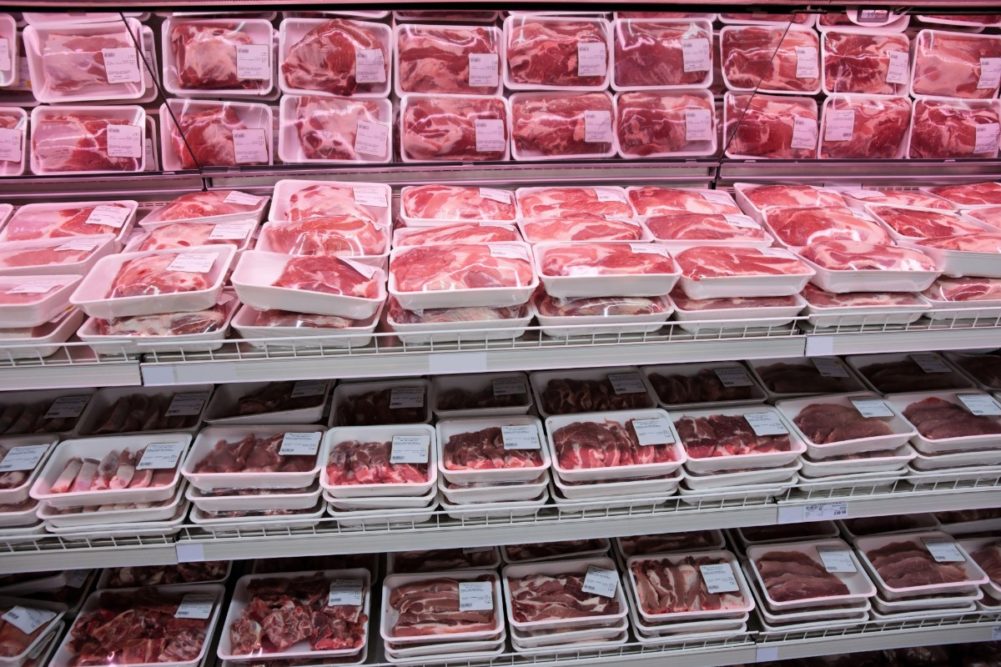DENVER — CoBank’s Knowledge Exchange Division released a new report on May 5 that detailed the lasting effects that plant closures and slowdowns will have on the meat processing capacity in the United States.
The review stated that meat supplies for retail grocery stores could shrink nearly 30% by Memorial Day, leading to retail pork and beef prices to increase by as much as 20% compared to 2019 prices.
“Margins for cattle and hog farmers have fallen to multi-year lows,” said Will Sawyer, lead animal protein economist with CoBank. “As meat plants have closed, farmers are left with few options for their livestock, requiring herds to be culled. Shrinkage in the US livestock herd will likely make the food supply shortage more acute later in the year.”
Sawyer also said that pork and beef production is down approximately 35% compared to this time last year.
After several pork processing plants were forced to close in April, CoBank believes processing will pick up in the coming weeks but hog producers may still be forced to euthanize as many as 7 million pigs in the second quarter. The group estimates that is worth nearly $700 million at historical average prices.
“This would further diminish meat supplies this fall and add to the billions of dollars of losses from lower livestock prices,” CoBank said.
Grocery stores will likely start rationing their current meat supplies for May and June. The supply chain and inventory from the meat plant to local grocery store meat cases is less than a few weeks.
The cooperative bank did say that President Trump’s executive order to reopen closed meat plants could help stem the tide of additional plant closures and pave the way for closed plants to reopen.
CoBank also mentioned the measures plants are now implementing to ensure employee safety and reduce the spread of COVID-19 will help the issues in the supply chain. Still, the group said attracting enough workers to fill the thousands of vacant positions at meat plants across the United States may be challenging in the near-term.
The report concluded that as communities reopen with about one week of meat supply in cold storage, shortages and stockouts in the meat case could not come at a worse time.
“Food inflation and a weak US economy is a combination that will leave many consumers in greater financial strain,” the bank said.
CoBank is a $131 billion cooperative bank serving agribusinesses and providers of rural power, water and communications across the United States.

